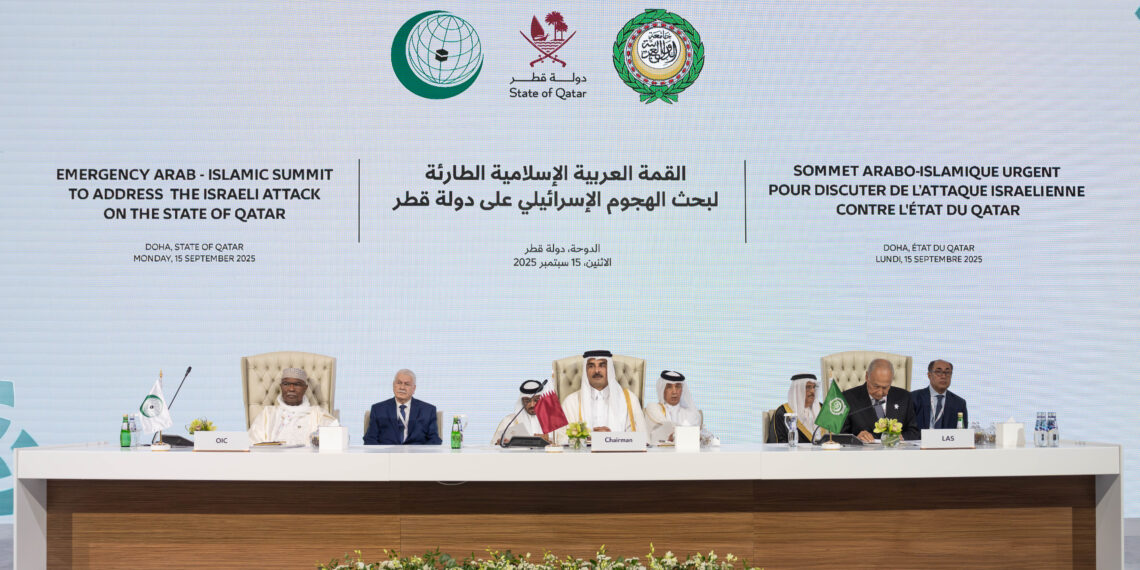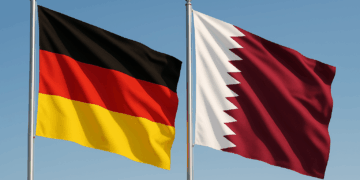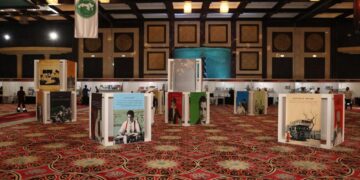The first edition of the International Orientalism Conference concluded in Doha, Qatar, under the theme “Toward Balanced Civilizational Dialogue,” with broad participation from researchers, thinkers, and specialists in orientalism studies. Over 300 participants from more than 50 countries attended, alongside approximately 1,300 attendees who engaged with the conference’s sessions and discussions over two days.
The event saw the presence of prominent figures, including Dr. Tariq Mitri, former Deputy Prime Minister of Lebanon; Dr. Ibrahim Kalin, Turkish thinker and politician; Ghassan Salamé, former Lebanese Minister of Culture; and Dr. Mamadou Tangara, Gambian Minister of Foreign Affairs and International Cooperation, alongside distinguished global thinkers and academics.
Organized by Qatar’s Ministry of Education and Higher Education and the Qatar Debates Center, in partnership with the Standing Committee for Conferences at the Ministry of Foreign Affairs and several academic institutions, including Qatar University, Hamad Bin Khalifa University, the Doha Institute for Graduate Studies, Leiden University, the Institute of Advanced Studies in Sarajevo, and Dagestan State University, the conference focused on contemporary orientalism’s evolution, manifestations, and its approach to modern issues, while exploring pathways for civilizational interaction between East and West across history.
According to organizers, the conference aimed to facilitate knowledge exchange among researchers and leading academics in orientalism, Arabic, and Islamic studies, while fostering future scientific collaboration. It sought to provide a modern perspective on orientalism, emphasizing the importance of promoting civilizational dialogue, dismantling mutual stereotypes, and achieving balance in addressing intellectual and cultural issues.
The organizers highlighted the significance of open scientific meetings held during the conference in supporting efforts to shift orientalism studies from ideological tensions to rigorous academic research, contributing to enhanced human communication.
Qatar’s hosting of this conference aligns with its ongoing efforts to promote cultural and civilizational dialogue globally, reinforcing its position as a hub for thought, culture, and education at a time when the need for bridges of understanding and cooperation among the world’s peoples is growing.







